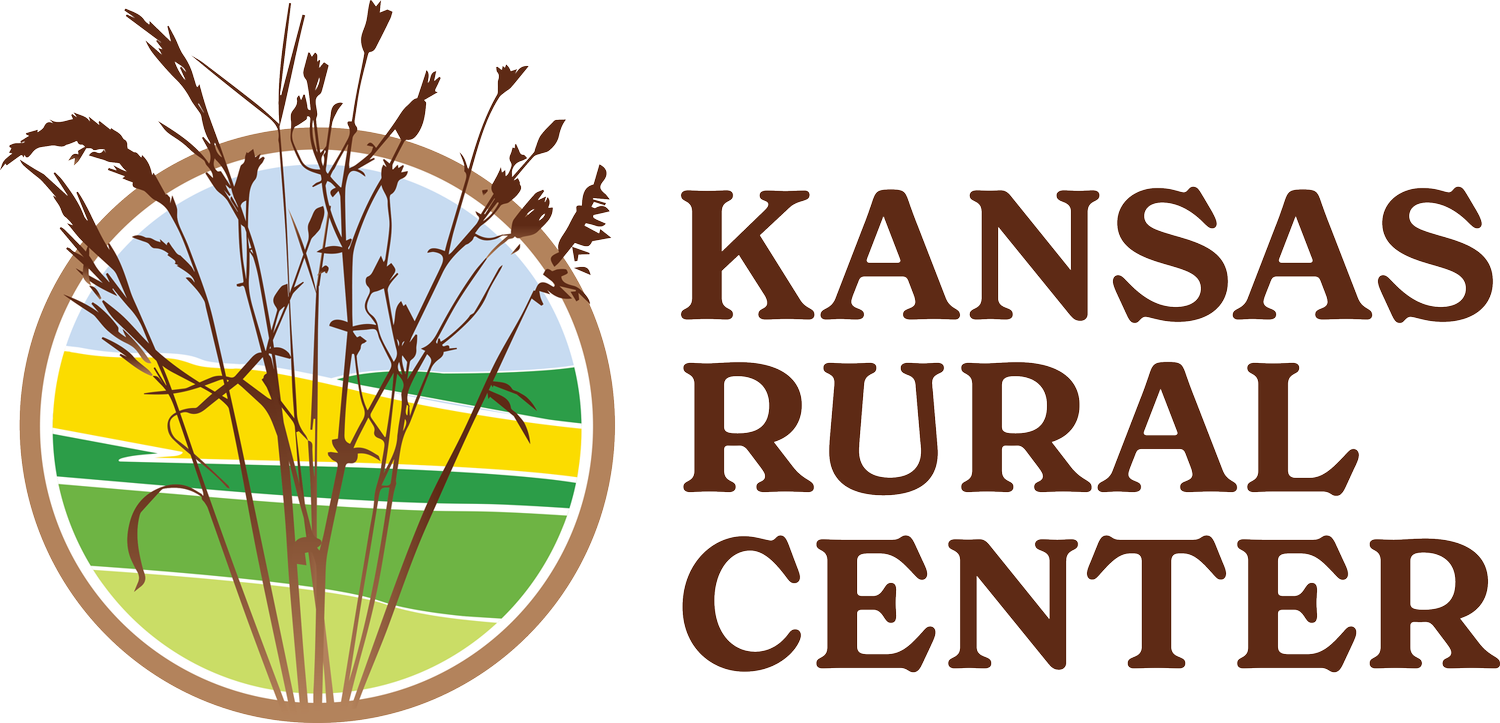What’s New at Kansas Rural Center
It has been an exciting year so far at the Kansas Rural Center and July has been an active month for us. We are happy to announce two new long-term collaborative projects for the Kansas Rural Center, both of which kicked off in the month of July.
First, we are partners supporting Wichita State’s Environmental Finance Center on the Heartland Environmental Justice Technical Assistance Center. WSU is one of 17 Environmental Justice Thriving Communities Technical Assistance Centers (EJ TCTACS), announced in partnership with the U.S. Environmental Protection Agency (EPA) and the U.S. Department of Energy (DOE), that will help underserved and overburdened communities across the country advance environmental justice. Wichita State University’s EJ TCTAC will serve communities throughout EPA Region 7, which consists of Iowa, Kansas, Missouri, Nebraska, and Nine Tribal Nations. The EJ TCTAC will provide technical assistance, guidance, and training to remove barriers and improve accessibility for communities with environmental justice concerns. It will also work to ensure that more communities can access federal funding opportunities, like those made available through the Inflation Reduction Act and Bipartisan Infrastructure Law. The Kansas Rural Center is happy to be a partner on this project and will work to conduct outreach and support to rural communities across Kansas who are impacted by environmental justice challenges.
The second big collaboration we kicked off in the month of July was our partnership with the Heartland Regional Food Business Center (RFBC) led by the University of Nebraska-Lincoln. The USDA has organized regional food business centers across the United States, and the Heartland Center will work across Arkansas, Iowa, Kansas, Missouri, Nebraska, Oklahoma, and a designated tribal corridor. The partnership encompasses 14 Key Partners and more than 19 collaborators, including land grant universities, non-profit organizations, tribal and indigenous groups, and grassroots organizations. The Heartland RFBC has three primary objectives: develop a regional asset map of resources available to food businesses and producers, increase collective outreach, technical assistance, and extension activities that promote utilization of these resources, and administer business building sub-awards to accelerate new market opportunities for producers and food businesses.
Our key partners are the University of Nebraska-Lincoln, New Growth Community Development Corporation, Center for Rural Affairs, Comunidad Maya Pixan Ixim, Great Plains Indigenous Water Food and Trade Coalition, Iowa State University Extension and Outreach, Kansas State University Research and Extension, KC Healthy Kids, Kerr Center for Sustainable Ag, Oklahoma State University Food and Agricultural Products Center, The Food Conservancy, and the University of Missouri Extension. The Center will provide a variety of kinds of technical assistance to build new and strengthen existing farm and food businesses including cultivating demand through new retail and institutional markets. We will leverage our collective networks and use asset mapping to identify existing food hubs, kitchen incubators and other resources to provide producers ways to increase revenue, improve business viability and access more buyers. For many food businesses, the most exciting part of the Heartland Regional Food Business Center will be the opportunity to apply for a Business Builder grant of up to $100,000 to support the development of their business. Dakota Welch has been hired to take on the position of Farm Business Navigator and will be available to guide small and beginning farmers through their financial opportunities. Another position opening will soon be announced as part of this project. The Kansas Rural Center will work to encourage business development for small farms across the state of Kansas through technical assistance in business planning and management and helping to connect them with existing resources.
Stay tuned as these opportunities develop for more information on how KRC can support you!
-Tom Buller, Executive Director, Kansas Rural Center

